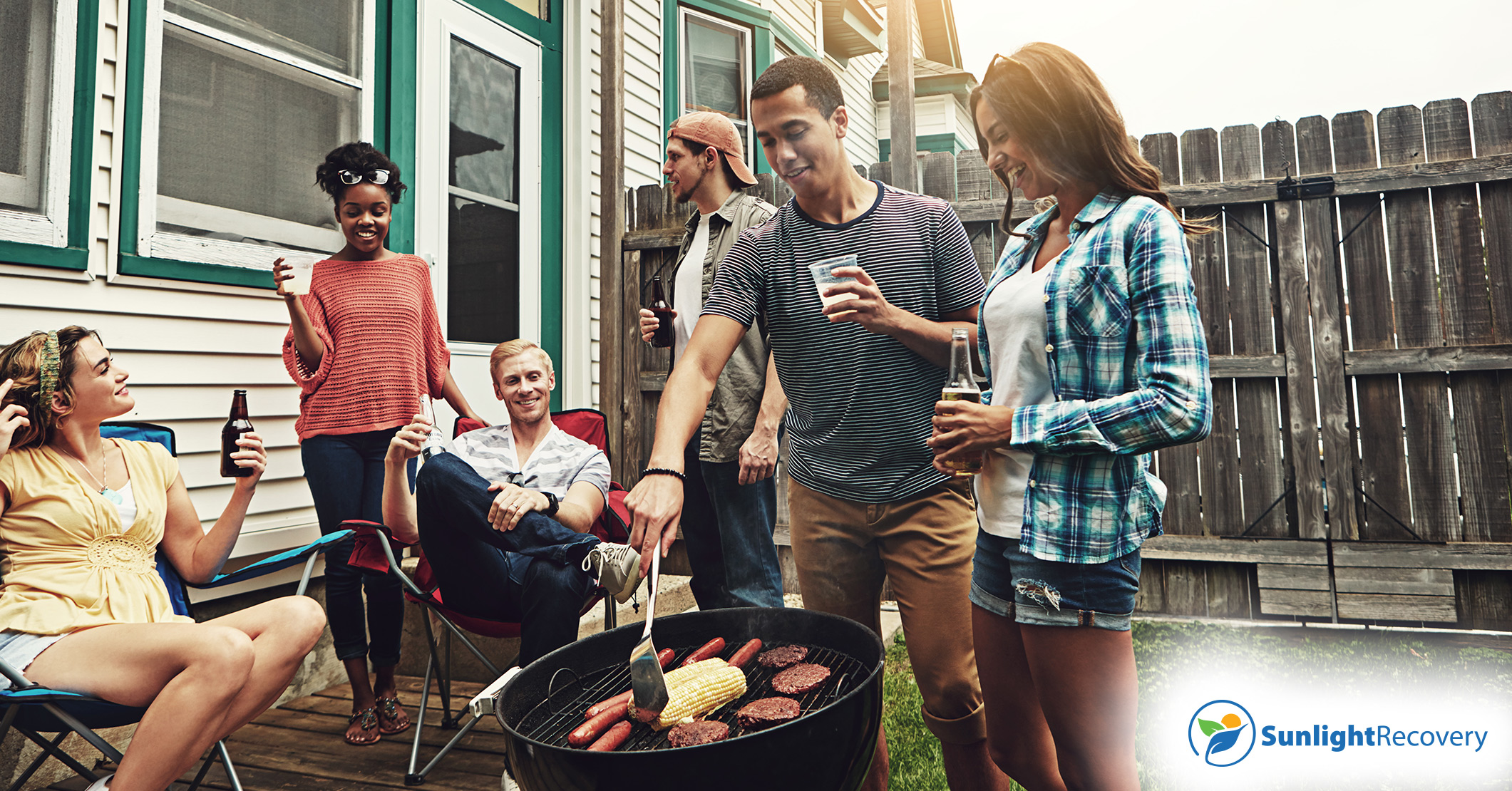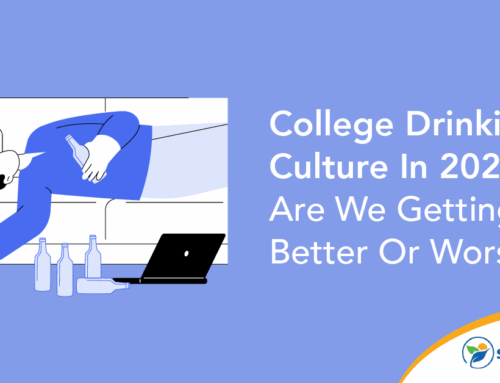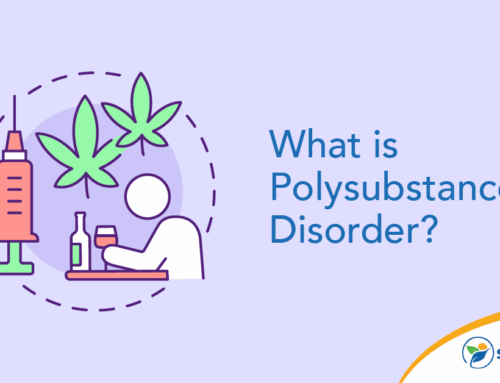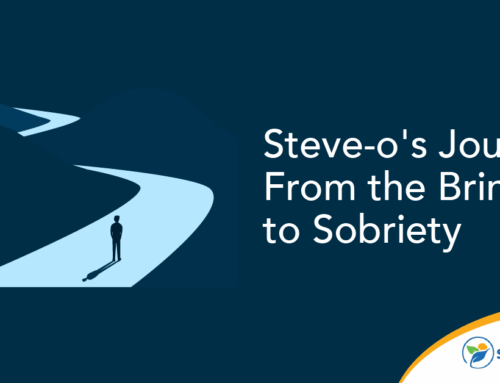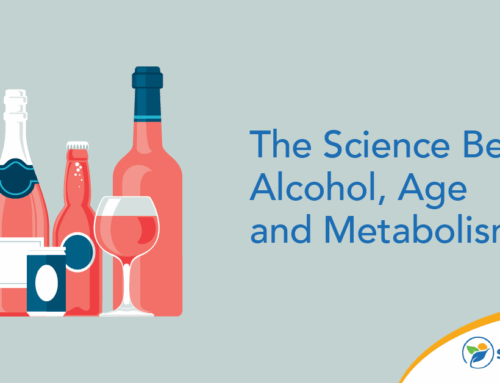Social drinking is embedded into many parts of our culture, so it’s natural to feel pressure to join in when you’re in a group and everyone else is drinking. However, if you’re the type of person who struggles with overconsumption, social drinking may come with a risk of overdoing it — and that can lead to negative consequences. Keep reading for tips on how you can incorporate safe drinking habits into your social calendar.
Why Responsible Drinking Matters
It can be easy to get swept up in the moment and get carried away when drinking in a social setting. After all, it feels like everyone is doing it, and it’s only natural for you to match their pace. But if you know you’re not the type of person who naturally cuts themselves off, it’s essential to have strategies to ensure you don’t overdrink.
According to the Centers for Disease Control and Prevention (CDC), the recommendation to stay within moderate drinking limits is two drinks per day for men and one drink per day for women (for days when alcohol is consumed). Yet, the CDC also estimates 1 in 6 American adults participates in binge drinking (four or more drinks in a day for women, five or more for men). That means if you’re drinking in a reasonably large group, statistically speaking, some binge drinkers might be present. This could influence you to drink more.
Excessive alcohol consumption is a leading preventable death cause in the United States. Overconsuming alcohol comes with many health risks, including:
- High blood pressure, heart disease and stroke
- Liver disease
- Cancer
- Pregnancy complications
Additionally, when you overdrink in a social setting, you might embarrass yourself, do something that tarnishes a close relationship, make a bad impression on work colleagues or even end up making dangerous or illegal choices (such as drinking and driving).
But you’re here because you want to make a change and learn how to control drinking at social events. The good news is that change is always possible, and nothing is stopping you from embracing safe drinking habits starting today.
6 Tips for Safe Drinking Habits
Here are six easy-to-implement tips for setting boundaries with alcohol.
1. Stick to the CDC Recommendation
Now that you know the CDC recommendation for moderate drinking, make sure you stick to this guideline when you’re in a social setting. Promise yourself you won’t exceed this drink amount no matter how much you’re tempted to.
2. Consider Mocktails
After you’ve met your maximum, consider switching it up to a mocktail instead. This has several benefits:
- Your hand won’t be empty, so people won’t notice you’re not drinking. Mocktails are often indistinguishable from regular cocktails. This means no one will try to buy you a drink or pressure you into drinking more because they think you’re still drinking.
- Mocktails taste great, so you still feel like you’re participating and enjoying yourself.
- You’ll still be drinking something, so you may be less likely to notice a craving for alcohol.
3. Order Food
Another excellent way to distract yourself from the fact that you’re not drinking is by indulging in some food instead. Order yourself a snack to continue enjoying yourself in the social setting.
Additionally, food is always a good idea when you’re drinking because it can help reduce the impact alcohol will have on your body so you won’t feel as intoxicated.
4. Communicate With Others
If you’re going to a social setting with a close friend or loved one, communicate your intentions for the evening with them. Let them know that you plan to control your drinking. When you do this, you may be more likely to hold yourself accountable because you’ve said the goal out loud and shared it with another person.
Additionally, having this external support means this friend knows not to pressure you when you’ve stopped drinking. Lastly, they can also step in if they notice others trying to pressure you.
You should be proud of wanting to cut down on drinking, and there’s nothing wrong with sharing this goal with those closest to you.
5. Know When to Leave
Often, when a situation is not serving you well, you need to remove yourself from it. Limiting your drinking does not mean you have to say no to social outings or leave them early all the time. However, if you notice an event is getting out of hand with alcohol, it may be in your best interest to leave. For example, if people are starting to do shots or are excessively drinking and getting aggressive with people who are turning down drinks, it’s probably time to call an early night.
Don’t stay in a situation where you’re uncomfortable and think your commitment to safe drinking might be compromised.
6. Don’t Drink and Drive
Lastly, a big part of responsible drinking is having a safe way to get home. If you plan to drink, you should have a method for getting home. Make sure you have a sober person driving you or plan to take the bus, walk or pay for a ride. Don’t take the risk of drinking and driving — you could get pulled over by police or, worse, hurt yourself or someone else.
Reevaluate Your Drinking
Now might be a good time to stop and ask yourself why you’re making these changes to your drinking habits. If you’re just concerned about being influenced to overdrink in social settings, this guide is an excellent resource for building better habits around responsible drinking.
But ask yourself if it’s something more. Perhaps you’re starting to worry about your drinking — no matter the setting.
People often realize they have a problem with alcohol when something disastrous happens that calls their attention to it. But you don’t have to allow it to get to that point. If you’re beginning to question your drinking habits, there’s probably a reason why.
Consider seeking professional help to discuss your alcohol consumption. A therapist can help you identify if you have a problem and what the next best steps are.
Remember, there’s no shame in getting help. You’re putting your health and safety first when you take the brave step to speak to a professional.
Speak to Someone at Sunlight Recovery
Whether you think you have an alcohol addiction or just want to speak to someone about how drinking is impacting your life, the staff at Sunlight Recovery can help. Sunlight Recovery is a treatment center offering patients the chance for a better tomorrow. Our licensed, trained and experienced medical professionals support you through any challenges you face. Contact us today to learn more about our programs.


